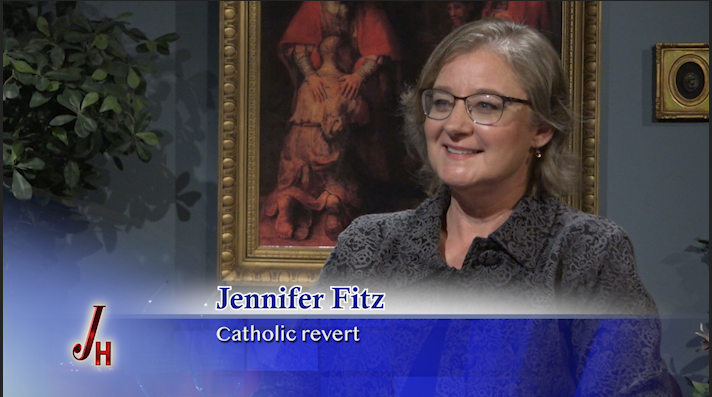It’s always nerve-wracking writing a personal update, because invariably the moment I publish the report everything promptly changes. Still, we live dangerously.
Where me to find me this spring:
I’m speaking this weekend (Sunday 2/26/23) on evangelization to the Catholic Writers Guild at their online conference (so you can attend from anywhere). The topic is “Evangelization for Authors” but the presentation will be of interest to critical readers as well — especially those of you who like to make book recommendations. Details are here, conference registration is still open.
Annual free e-book sale of Lord, You Know I Love You! A Discernment Retreat Using the Great Commandment runs from Wednesday, February 22, 2023, 12:00 AM PST to Sunday, February 26, 2023, 11:59 PM PST. So check the Amazon link and when you see the price go to zero, that’s your opening. More info about the book and how to read it is here. Edits and a paperback edition were slated for last fall, see below for why that didn’t happen, but even in the present version it’s a lot of value for your $0.
![Lord, You Know I Love You!: A Discernment Retreat Using the Great Commandment by [Jennifer Fitz]](https://m.media-amazon.com/images/I/51meeq9X16L.jpg)
At the Evangelization Substack One Soul at a Time, we’re taking a deep dive into the topics of hospitality, welcoming, and forming friendships in parish life. There’s a lot to cover. The series started here and three weeks in we’re still just warming up.
Reminders:
- All content at One Soul at a Time is free to all readers.
- Financial sponsors get combox privileges, but all subscribers (including free subscribers) can reply to any e-mailed newsletter to share comments, ask questions, or make topic requests.
- I keep it free of politics and other crazy stuff.
So if you are looking for Just the Jesus, the substack is your place. If you’re staying off social media for Lent (or forever, because you are smart like that) you can subscribe (for free!) to receive posts via e-mail.
I specifically created the Substack for people who don’t want the noise of social media debates and all that stuff. (That’s a reason I have a sharply restricted combox as well — what you’ll see there are only comments from people who seriously care about the topic. No trolls.)
Blorging continues over at Patheos, time-permitting. It’s the usual gamut of spicy topics.
My only social media presence is on Twitter, @JenFitz_Reads. (Proceed with caution, it’s yet a level spicier there.) Anyplace else you might find an account from me is a ghost presence only, I’m not there. But I do check my JenFitz_Reads notifications, so you can ping me there if you need me.
And that’s about it. One more low-key media thing in the pipeline, I’ll let you know when (if) that goes lives, but mostly my attention is elsewhere, because . . .
Things Are Good
2022 was a rough year, physically. COVID in January, which went fine, but then I kept getting sick constantly all the remainder of the year (nothing serious, just *constant*), until I finally got absurdly aggressive about germ-avoidance.
September ’22 started in with what I thought was a little cold one of the kids brought home, and ended up spending two months laid out flat with insane levels of sleepiness. 10 hours a day, laying around the rest of the time, aggressively planning to accomplish the least little thing — took about 48 hours of strategizing and carefully-targeted caffeine mega-dosing to be able to *sit* through Sunday Mass. For example.
It was not my favorite thing.
And then that little episode went away, in the space of a week in mid-Novemeber my maximum sustainable daily step count increased by 50% and overall energy level went back to completely normal-person levels. It was crazy.
Also crazy: I came out of it with a weird, annoying, disruptive, but not-that-bad movement disorder. Basically, if I completely relax (physically — mental state has nothing to do with it), my muscles will start jerking, but I can totally make it stop just by un-relaxing. So that’s fine except if I ever, at all, want to relax (physically — again, completely unrelated to what I am or am not thinking or feeling). Not the easiest for falling asleep.
So that’s been fun.
But other than never relaxing, everything is fine?
So the past couple months have been devoted to maximum fitness, since I need to gain as much as I can before the next round (blood work indicates: there is likely to be a next round, and one after that . . . etc.), doctors, time with the kids (since I can!), and catching up on a year’s worth of neglected chores.
Also attempting to have a little bit of a social life? Which is funny since I’m writing that series on parish hospitality, but you know, I am now an expert on things that prevent you from having from friends, and how many other evangelization writers can claim that?
Highlight, by the way, has been taking ice skating lessons with the youngest, who wants to learn to play hockey. So yes, things are good.
Have a great Lent!







